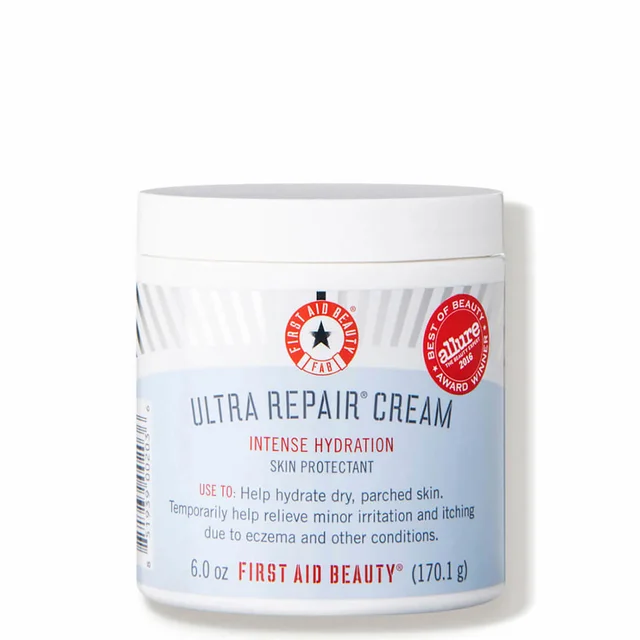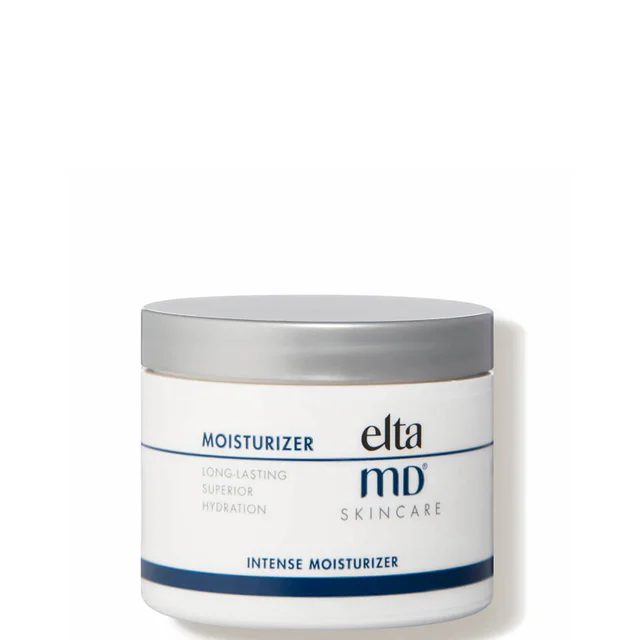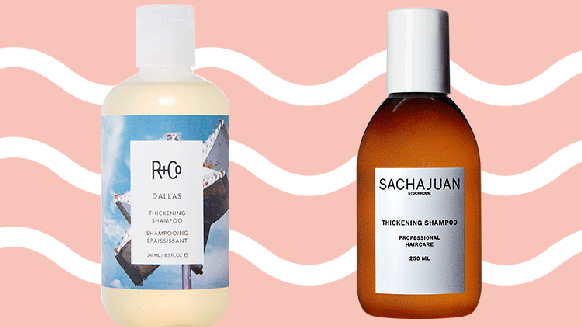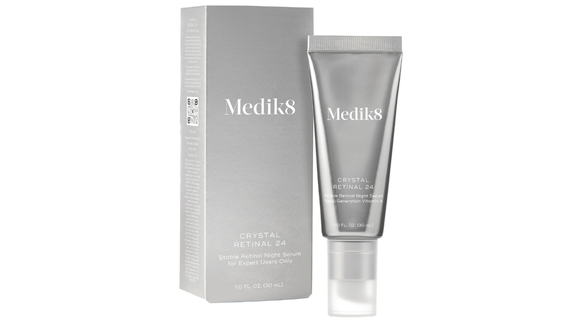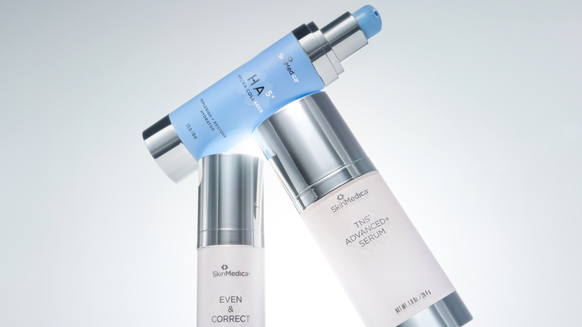What Is Psoriasis and How Does It Differ from Other Skin Conditions (Eczema or Skin Allergy)?
Not all that itches is eczema, and not everything that's scaly is necessarily psoriasis. Several conditions can mimic one another and cause red, inflamed and dry appearing patches or plaques on the skin. Oftentimes, it’s hard to tell them apart!
There are several features and clues that can help differentiate the three most common causes of inflamed skin, which include eczema (also called atopic dermatitis), psoriasis and contact dermatitis.
What Is Psoriasis?
Psoriasis is a chronic autoimmune skin condition caused by an over-reactive immune system leading to persistent skin inflammation. The skin proliferates too quickly in psoriasis, producing discrete red, thick plaques with silvery white scale. While these psoriatic skin lesions can sometimes be sore or “burnt,” they are typically less itchy than eczema.
Typically, psoriasis appears in adulthood as opposed to eczema which emerges in young children (85% of cases appear by age one). Psoriasis classically favors the outside part of the elbows and knees, but may affect other parts of the arms and legs as well as the face, buttocks, armpits and groin. Involvement of the scalp (mild dandruff or red scaly plaques) and nails (small pits or brown stains, or separation of the nail from the nail bed) is common in psoriasis but not eczema.
Guttate psoriasis is a variant of psoriasis that presents with smaller plaques in an eruptive pattern associated with strep infection. In psoriatic arthritis, joint pain and stiffness develop. Flare-ups of psoriasis, in general, can be triggered by stress, skin trauma, and certain medications. It is not contagious.
How to Treat Psoriasis: While there is no cure for psoriasis, effective treatments do exist. Steroid and vitamin D creams are usually the first treatments attempted. In moderate to severe disease, light treatment (phototherapy) and systemic medications (whether by mouth or injectable) are considered.
What Is Eczema?
Eczema, or atopic dermatitis, is a chronic inflammatory skin condition caused by a hypersensitivity reaction. Eczema usually first appears in childhood, and the majority outgrow the condition by their teens. There is usually a family history of eczema and a strong association with asthma and hay fever. Like psoriasis, eczema appears red and inflamed. However, eczema is dramatically itchier and less likely to be covered with thick silvery scale. Instead, it can appear dry, cracked, peeling, bumpy, blistered or raw.
Eczema likes to appear along the inner part of the arms and behind the knees (the folds), which is the opposite of where psoriasis prefers to develop.
How to Treat Eczema: Stress can worsen eczema just like psoriasis. Other eczema triggers include inadequate moisturizing (dry skin), the use of harsh soaps, detergents or other personal care products, as well as environmental allergens and exposure to cold, dry conditions. Avoiding these triggers as well as keeping your skin adequately moisturized are key to keeping eczema at bay.
What Is Contact Dermatitis (Skin Allergy)?
Contact dermatitis mimics eczema with the appearance of red, itchy, irritated skin caused by environmental triggers. It can appear on anyone, including those without a history of atopic dermatitis. Allergic contact dermatitis is a hypersensitivity (immune-mediated) reaction, and the most common causes are fragrances, nickel exposure, rubber or other chemicals. Irritant contact dermatitis is not a hypersensitivity reaction. It is caused by direct skin injury from a physical or chemical irritant (most commonly excess hand washing or harsh soaps)
How to Treat Skin Allergies: Irritant or allergic contact dermatitis is treated similarly to eczema. Sometimes skin allergy or patch testing is needed to identify the offending allergen(s). Removal of the responsible irritants or allergens should lead to full clearance, unlike eczema which is chronic and can be expected to come and go periodically.

From the latest hair and makeup trends to the best solutions for your skin issues, we've got all your beauty concerns covered!
